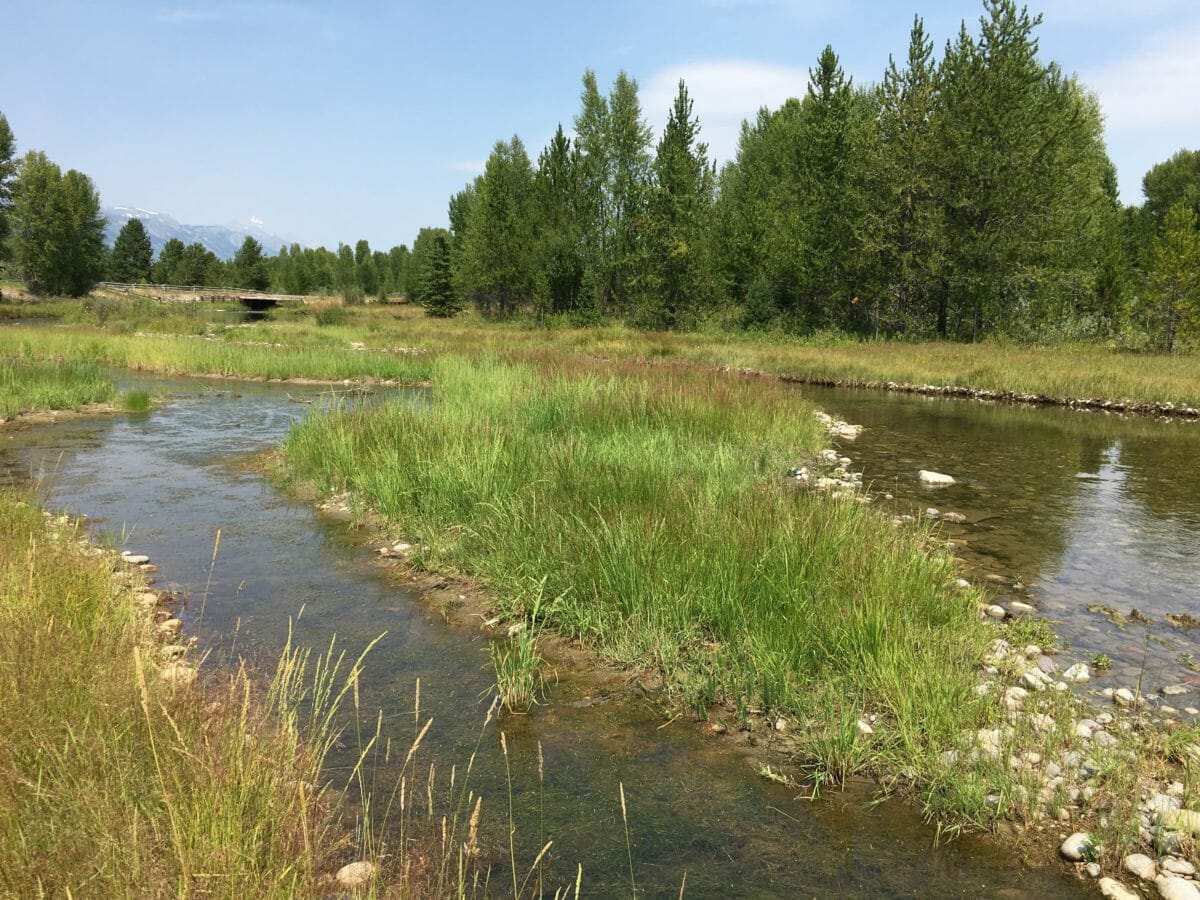By Chris Wood
As it flows along my family’s land in Levels, West Virginia, the Little Cacapon River is fed by several small seasonal waterways formed by rainwater and snowmelt. Eventually, all that water runs into the Potomac River and on past our nation’s capital, where a half-century ago, forward-thinking policymakers crafted a landmark act that sought to make all waters of the United States “fishable and swimmable” and, eventually, subject to “zero water pollution.”
Under the Clean Water Act, if I want to build a road across, store hazardous waste near, or otherwise potentially degrade these so-called “ephemeral” tributaries of the Little Cacapon, I need to get a permit.
But not anymore, if the Trump Administration has its way.
The administration has proposed dropping the protections of the Clean Water Act for small seasonal streams and wetlands that are not contiguous to larger waterways. If finalized, the proposal would eliminate protections for at least 20 percent of the nation’s waterways and 50 percent of its wetlands.
As a nation, we have made great progress in cleaning up our waterways since the Clean Water Act was passed in 1972, but we all know that there is a long, long way to go. In the face of our pressing water pollution problems, why undermine the bedrock law that can help us finish the job?
That is exactly what the new proposal would do. Among its many flaws is a basic presumption that the rain will cease to fall from the sky, and that pollutants from mines, pipelines, and other facilities will not be carried downstream into our rivers and drinking water supplies.
Ephemeral streams are the capillaries of the landscape. If healthy, they transport nutrients and gravels downstream. They can be important sources of food and cover for fish.
Most important, they have a profound effect on maintaining high quality drinking water for downstream communities. The administration’s proposal makes losers of the 137 million Americans whose drinking water comes from those small rivers and streams that would no longer fall under the protection of the Clean Water Act.
West Virginia suffered devastating floods in 1985 and 1996. This summer, Levels and other parts of Hampshire county saw record rainfall and historic flooding. At a time when local communities are grappling with massive flooding, it is simply unwise to reduce protections for wetlands and small streams. A one-acre wetland can typically store about a million gallons of water, helping to limit flooding damage downstream.
The 300,000 members and supporters of my organization, including 2,500 in West Virginia, know this much: Gravity works cheap, and it never takes a day off. When enough small streams feed into enough larger streams, a river becomes navigable. Just as groundwater is linked to surface water, smaller streams are inextricably linked to the flow and health of larger rivers.
Some agriculture and development interests are advocating for the Trump proposal because it would allow them to avoid possible Clean Water Act restrictions on their activities. Also celebrating are some oil and gas companies, since they will no longer need permits to build pipelines across ephemeral streams.
Most Americans support responsible development. But development that occurs at the expense of our drinking water is not responsible. The administration needs to take its proposal back to the drawing board and draft a plan that protects drinking water first and foremost and considers the many economic benefits associated with clean water—especially the 6,700 jobs and $550 million in total economic output associated with recreational fishing in West Virginia.
Protecting the quality of the air we breathe and the water we drink is not political. It is a basic right of every American.
The Little Cacapon winds its way through West Virginia and into the Potomac River, the drinking water supply for the nation’s capital. Let’s hope our decision makers think about that the next time they open the tap for a glass of cold, clean water.
Chris Wood is the president and CEO of Trout Unlimited. This was originally published in the Charleston Gazette.



